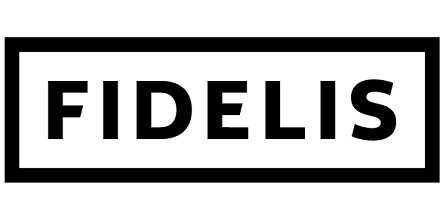Moody’s has assigned a Baa2 Long-Term Issuer rating to Fidelis Insurance Holdings Limited (FIHL) and A3 Insurance Financial Strength (IFS) ratings to its key (re)insurance operating subsidiaries, with a stable outlook for the group.
 Even though these ratings reflect Fidelis’ strength and quality, Moody’s stated that the separation of Fidelis’ underwriting and insurance balance sheet capabilities into two separate groups gives rise to execution risk as it is an untested process.
Even though these ratings reflect Fidelis’ strength and quality, Moody’s stated that the separation of Fidelis’ underwriting and insurance balance sheet capabilities into two separate groups gives rise to execution risk as it is an untested process.
Additionally, this separation would add to the complexity of risk management at the insurance group, at least initially following the separation, according to Moody’s.
Fidelis announced in July 2022 its intention to create a new Managing General Underwriter (Fidelis MGU) which, subject to regulatory approval, will be separated from the existing insurance operating entities.
Moody’s said that while Fidelis will take steps to maintain alignment of interested between the two groups, which is a key driver of underwriting risk for the insurance operating entities, it remains uncertain as to what extent the two groups will remain tightly aligned over time.
“In the event of regulatory approval for the separation and launch of the MGU not being granted, Moody’s said that some of the short-term uncertainty related to the new structure would be alleviated, with possible positive implications for the ratings,” according to the rating agency.
It added: “However such an occurrence could also be disruptive to Fidelis’ business and market position which could offset some of the aforementioned positive implications.”
Moody’s highlighted that Fidelis has demonstrated a strong track record of underwriting performance whilst growing its premium base significantly.
Despite a period of significant natural catastrophe and man-made losses for the industry, the company’s average combined ratio was 86% (Moody’s calculation) for the five years to 2021.
Additionally, Fidelis’ gross written premium has increased from $0.5bn for 2017 to $2.8bn for 2021, with a compound annual growth rate of around 50% over that period, demonstrating the group’s ability to source significant new business on a profitable basis, according to Moody’s.
The rating agency said: “Going forward, strong alignment of interest between the insurance group and planned new MGU will be key in maintaining strong underwriting performance.”
The group’s capital adequacy is strong, with a 326% Bermuda Solvency Capital Requirement (BSCR) coverage ratio at year end 2021, and Gross Underwriting Leverage (GUL) of 2.1x, which compares very well to its peers.
“Going forward, Moody’s expects the group to maintain its strong capitalisation, supported by a relatively high-quality invested assets portfolio, to offset some of the tail risk inherent in its underwriting strategy,” added the agency.
Additionally, according to Moody’s, Fidelis stable outlook also reflects the expectation that the group will continue to maintain strong capital levels with moderate net exposure to natural catastrophes and good, consistent underwriting performance, including after the group has completed its intended separation.
Finally, Moody’s stated that if the insurance group is able to demonstrate its ability to maintain a strong financial profile, including underwriting profitability and capitalisation post separation, among other things, it could place upward pressure on the group’s ratings


